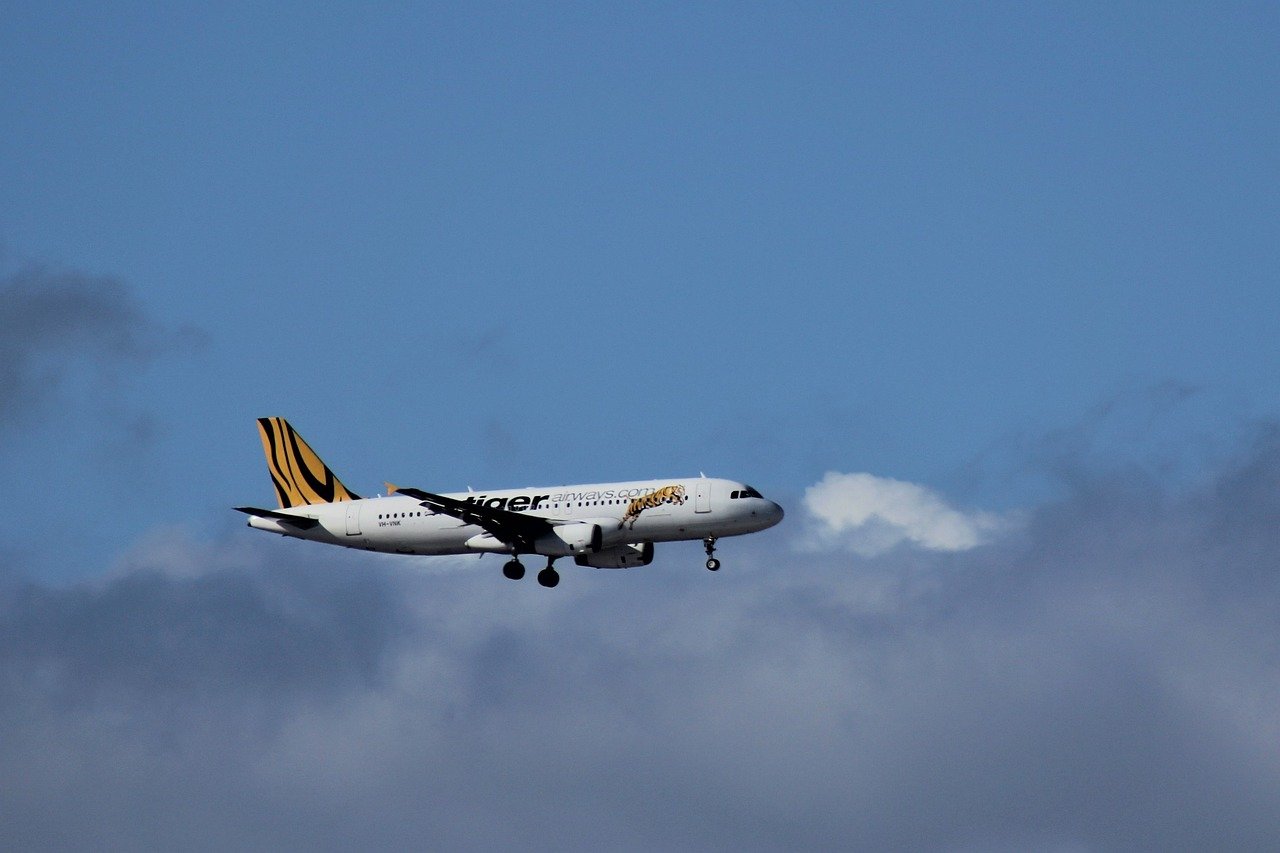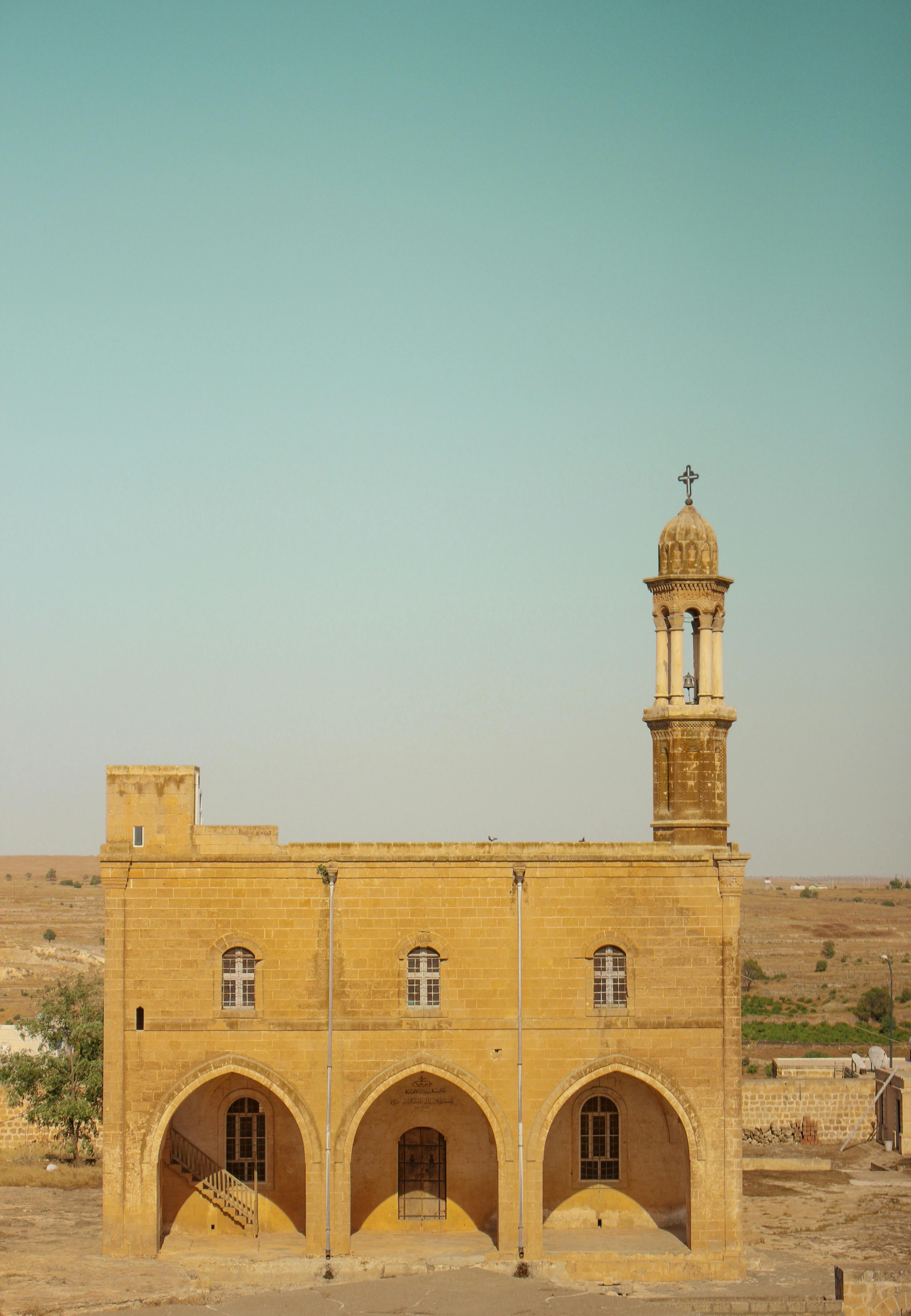Budget Travel: Planning A Trip Without Breaking The Bank
You’re eager for an adventurous expedition, a peaceful getaway, or perhaps a soul-searching journey, but your budget might be standing in your way. Don’t let that deter you — it’s entirely possible to plan a memorable trip without straining your wallet! This article, “Budget Travel: Planning A Trip Without Breaking The Bank,” empowers you with smart strategies, practical tips, and well-known secrets that have helped countless travelers like yourself experience the joy of travel on a reasonable budget. It’s time to dream big and spend smart, so you can make your traveling dreams a reality!

Understanding Budget Travel
Budget travel is a concept that enables you to explore the world without causing a heavy strain on your finances. It involves making conscious decisions on how you plan, execute, and manage your travel costs, from transport and accommodation to meals and sightseeing.
Concept of Budget Travel
Budget travel does not mean compromising on your experiences or sacrificing your dream destinations; rather, it is about being a smart traveller who knows how to make wise decisions while on the road. It’s about prioritizing spendings, investing in experiences instead of materialistic pleasures, and adapting to affordable choices.
Importance of Budget Travel
The importance of budget travel cannot be overstated. It allows you to embark on more adventures, realize your dream of exploring the world, and introduces you to the joy of living within your means. Apart from the financial benefits, it instills a sense of responsibility and planning, encourages cultural immersion, and adds a gratifying dimension to your travel experiences.
Misconceptions about Budget Travel
One of the main misconceptions about budget travel is that it means cheap and unpleasant experiences. However, that’s far from the truth. Budget travel is not about miseries; instead, it’s about smart and sustainable choices. With a bit of research, careful planning, and a flexible mindset, you can have an enjoyable and fulfilling journey.
Opt for Off-peak Travel
Travel can be made more affordable by choosing to travel during off-peak times.
Definition of Off-Peak Travel
Off-peak travel refers to travelling during times when there is a lower demand for flights, accommodations, and tourist activities. This typically includes travelling during non-holiday periods and avoiding well-known tourist seasons.
Benefits of Off-Peak Travel
Besides being more economical, off-peak travel offers a less crowded and more relaxing experience. You are likely to find better deals on accommodation and flights, and there will be fewer tourists at popular attractions. This means less time queuing up and more time enjoying the destination.
Potential Drawbacks of Off-Peak Travel
However, off-peak travel can be challenging. Attractions may have shorter operating hours, or some services may not be available. The weather may also not be ideal. Therefore, proper research and flexibility can help you dodge these nuisance factors and still make your off-peak travel a rewarding experience.
Choosing Your Destination Wisely
Choosing the right destination is a significant aspect of budget travel.
Factors to Consider When Choosing a Destination
When selecting a destination for budget travel, consider the cost of living, exchange rates, tourist seasons, and accessibility. Choose a location where your money will go further, and consider the safety and political stability of the destination.
Cost Effective Destinations Around the World
Several destinations around the world are known for their affordability, such as Southeast Asian countries like Vietnam, Thailand, and Indonesia. Eastern European countries like Poland and Hungary also offer great value for money. South and Central American countries like Bolivia and Guatemala are also affordable gemstones.
Avoiding Tourist Traps
Steer clear of tourist traps as they are often overpriced and crowded. Instead, try to explore less popular destinations that offer authentic and budget-friendly experiences.
Booking Affordable Accommodations
Finding affordable accommodations is a crucial part of budget travel.
Types of Affordable Accommodations
Hostels, guesthouses, budget hotels, and rental apartments are generally more economical options compared to luxury hotels. Couchsurfing is another cost-effective alternative where you can stay with locals for free.
Tips for Finding Cheap Accommodations
Try booking your accommodation in advance, look for deals and discounts, consider staying a bit further away from city centres, and always compare prices before finalizing your booking.
Reviewing Accommodations Thoroughly
Do not forget to read reviews before booking accommodation. The cheapest option is not always the best, so balance cost with cleanliness, safety, location, and amenities.

Budgeting for Food and Drinks
Food and drink expenses can quickly add up, so it’s important to budget wisely.
Tips for Saving on Meals and Drinks
Eating at local restaurants, cooking your own meals, drinking less alcohol, and avoiding dining in touristy areas are ways to save money on meals and drinks while travelling.
Street Food and Local Markets
Exploring street food and local markets not only saves you money, but it’s also a great way to experience local culture and cuisine.
Self-Catering Options
Choosing self-catering options can help you control your food budget. Most hostels, guesthouses, and rental apartments come with kitchen facilities, facilitating you to cook your meals.
Finding Affordable Transport
Efficient transportation helps maximize your experiences without draining your pocket.
Public Transport vs Rental Cars
Always prefer public transport over rental cars to save money. Public transport like buses, trams, and subways is usually much cheaper and provides a local experience.
Discounted Travel Cards
Invest in discounted travel cards for unlimited travel within a city or region. They can offer significant savings, especially in cities with an extensive public transportation network.
Walking Tours and Cycling
Walking and cycling are not only the cheapest forms of transport but also great ways to explore the city closely.

Saving on Sightseeing and Attractions
You don’t need to spend a fortune to enjoy sightseeing and attractions.
Discounted or Free Museum Entry
Some museums and cultural sites offer discounted or free entry on certain days or times. Keeping an eye on such offers can help save costs.
Exploring Nature Instead of Expensive Attractions
Nature can always be explored for free. City parks, hiking trails, beach visits, and walks around the city are all cost-effective ways to enjoy your time.
Purchasing City Passes for Multiple Attractions
Investing in a city pass can prove to be cost-effective if you plan to visit multiple attractions. These passes often include public transport, making moving around hassle-free.
Packing Smart for Your Trip
Smart packing can save you a lot of money and stress.
Packing Essentials for Budget Travel
Light packing is beneficial. Focus on essentials and multi-purpose items. Don’t forget to pack a reusable water bottle, a universal adapter, travel-sized toiletries, a quick-dry towel, and comfortable walking shoes.
Avoiding Excess Baggage Fees
Avoid heavy and bulky items that could result in excess baggage fees. Always check the luggage allowance of your flight and pack accordingly.
Traveling with Multi-Purpose Items
Carry multi-purpose items like a smartphone that can double as a camera, a sarong that can be used as a beach towel, blanket or a cover-up, or a multi-port adapter that can charge multiple gadgets.

Dealing with Money and Currency
Understanding money and currency is crucial to budget travel.
Understanding Currency Exchange Rates
Be aware of the current exchange rates and how much your money is worth in the currency of your destination. Use currency conversion apps for ease.
Avoiding Hidden Bank Charges
Many banks charge hefty fees for foreign transactions or ATM withdrawals. Find out these charges beforehand and consider opting for a travel-friendly bank or card.
Carrying Cash vs. Using Cards
Carrying a combination of cash and cards is always a good idea. While cards are safer and convenient, having cash can be helpful for small expenses, emergencies or in places where cards are not accepted.
Maintaining Your Budget While on the Trip
Budget travel doesn’t end with planning; managing your budget during the trip is equally important.
Monitoring Daily Expenditure
Keeping track of your daily expenses is a great way to ensure you’re sticking to your budget. It helps you see where your money is going and where you might need to cut down.
Using Budget Travel Apps
Several travel apps can assist in financial management during travel. Apps like Trail Wallet, Mint, and Splitwise can help you record your expenses and stay within budget.
Dealing with Unforeseen Expenses
Always keep room for unexpected expenses in your budget. Emergencies, health issues, or sudden plan changes may incur extra costs, so it’s important to be prepared.
That completes our comprehensive guide to planning a trip without breaking the bank. Remember, budget travel is about the richness of experiences, not the wealth of your wallet. So, next time when you plan a journey, let the spirit of budget travel guide you towards more adventures and experiences. Travel more, worry less!





